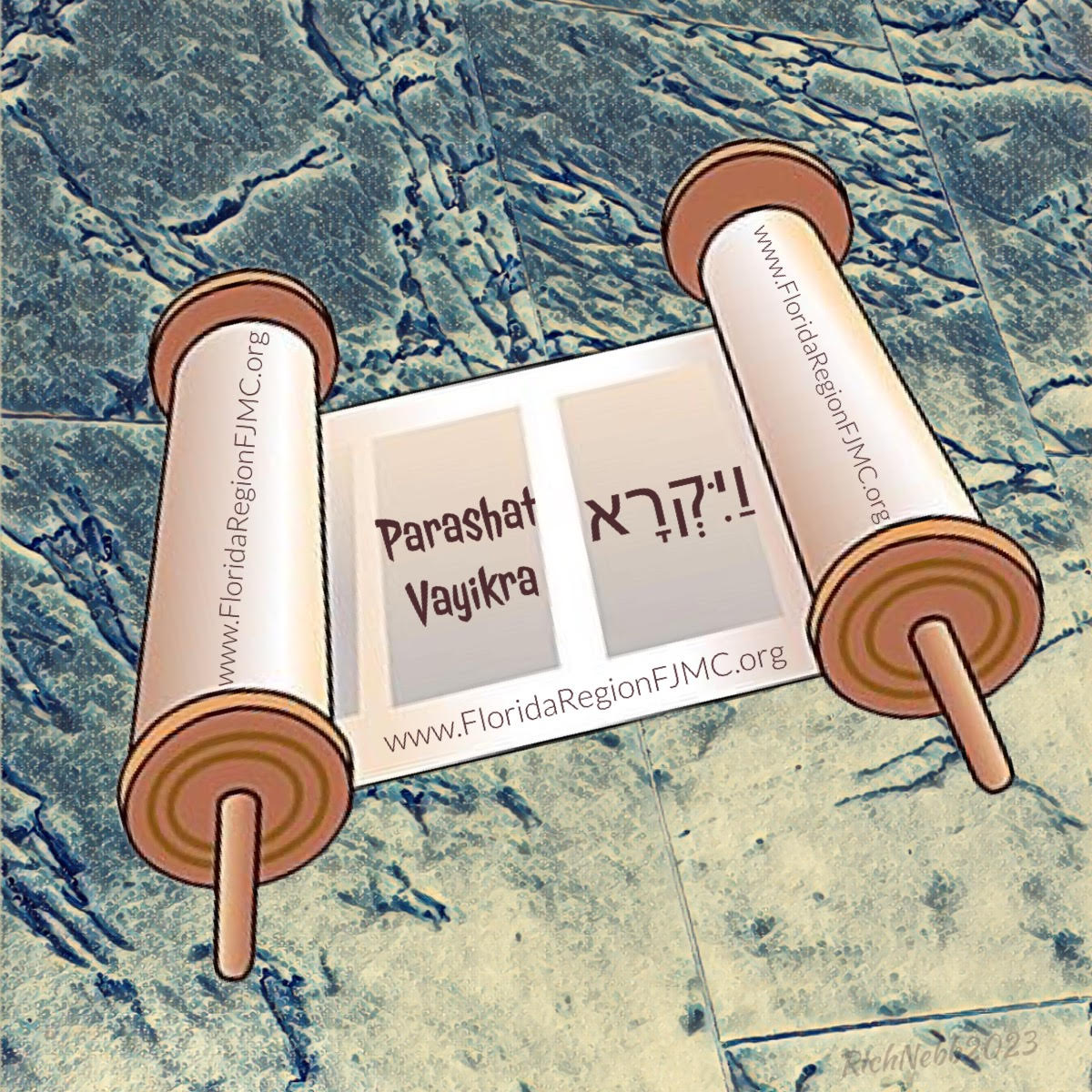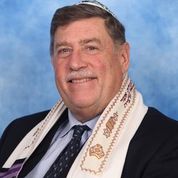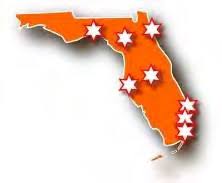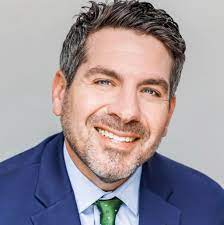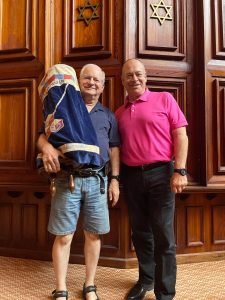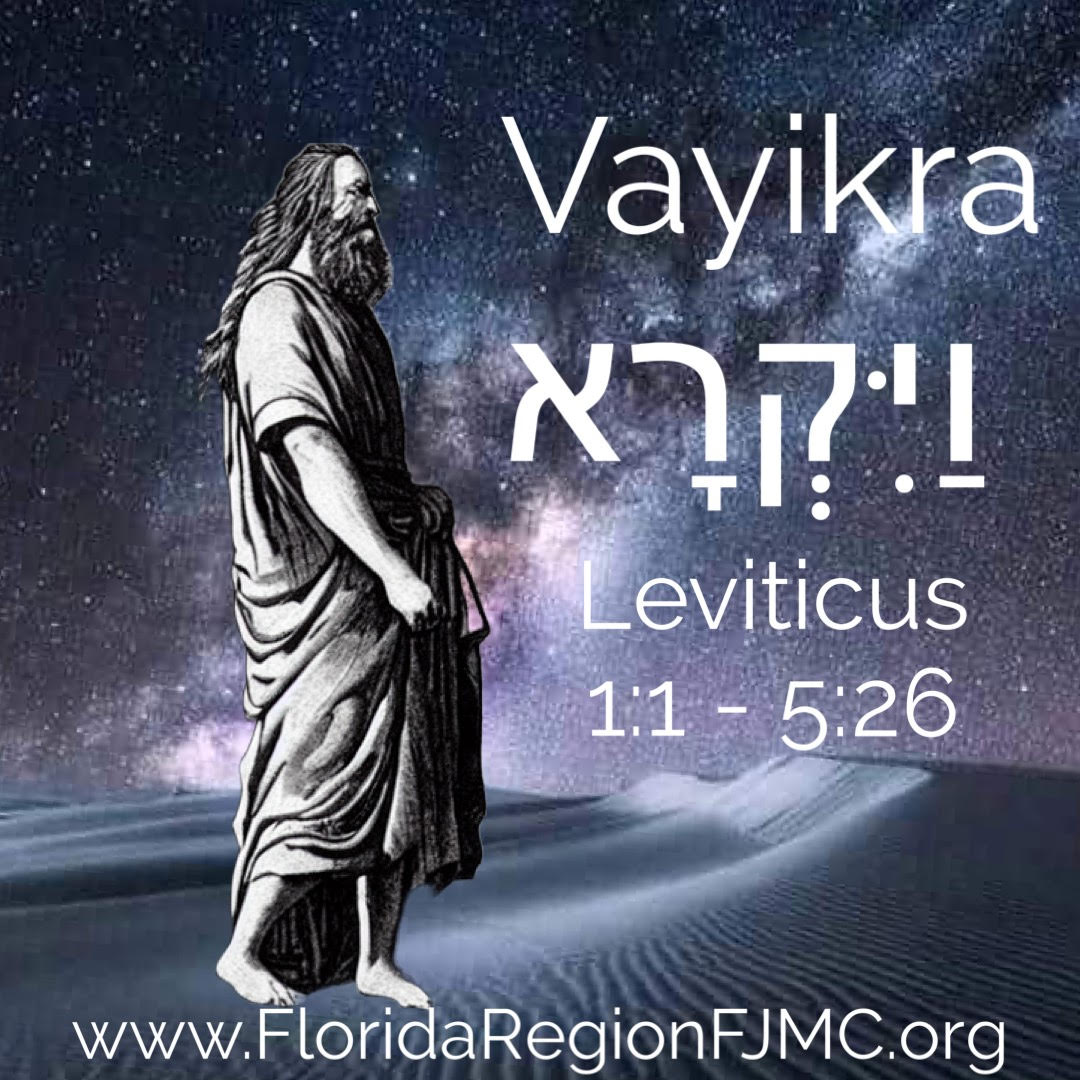
When you Choose Shabbat, you choose to learn that every Shabbat is different and special. This week I learned that Parashat Vayikra (וַיִּקְרָא) is the 24th weekly Torah portion in the annual cycle of Torah readings as well as the first reading from the Book of Leviticus (1:1 – 5:26).
According to Wikipedia, Vayikra (וַיִּקְרָא), contains 6,222 Hebrew letters, 1,673 words, 111 verses and makes up 215 lines of a Torah scroll – the most letters and words of any of the weekly Torah portions in the Book of Leviticus. Vayikra discusses details about biblical ritual sacrifices such as burnt offerings, meal offerings, sacrifices of well being, guilt offerings and sin offerings.
Rabbi Michael D Klein of Temple Torat Emet offers his insights on this week’s Torah reading, Vayikra for Shabbat April 5, 2025 aka 7 Nisan 5785:
“Are you ready for the Exodus? No, I am not referring to the snowbirds in our Temple family returning to their homes up north. I am specifically referencing the main topic of Sedra Vayikra which is becoming closer to G-d by engaging in meaningful sacrifice. We accomplish this in many ways. First, we have to be aware that our deeds and words are not always the best.
Certainly, the generation that exited Egypt were not always appreciative of the miracles which Hashem performed and frequently lapsed into murmuring and rebellion. Hashem provided them with a vehicle for atonement- Karbanot- sacrifices which allowed them to acknowledge they had sinned and provided them the opportunity to do Teshuva-repentance- for their trespasses. Not only did Hashem provide opportunities for Teshuva, but also opportunities to publicly acknowledge G-d’s gifts and to thank G-d for all the good which we have received. Hakarat Hatov (acknowledging the good) is one of the greatest mitzvot we can achieve!
So, as we prepare for the holiday of Pesach, how do we, who do not have the benefit of the presence of the Beyt HaMikdash, accomplish the task of the Karbanot- becoming closer to G-d by admitting guilt for our misdeeds or thanking G-d publicly for our blessings? The answer given to us by our sages is kindness and Tzedaka. We seek forgiveness from those we may have caused pain or loss to make things right and reach out to those who are less fortunate with gifts and deeds of lovingkindness. We donate to charity but also open our homes to those who need to attend Passover Seders. It is only then, that we can feel fulfilled that “in every generation we are to relate that we were part of the exodus from Egyptian bondage” and with the additional words of the Haggadah that we will read- “let all those who are hungry come and eat”.
The Torah portion Vayikra enumerates the five categories of individual Korbanot offerings which may be brought to the Temple: (1) Olah– consumed entirely by fire on the altar; (2) Mincha– modest offering of flour; (3) Shelamim– Peace offering which also includes Korban Todah thanking G-d for joyous occasions or appreciation of heavenly gifts; (4) Chattat– Sin offering brought for atonement for sins committed knowingly and intentionally; and (5) Asham– Guilt offering brought if one unintentionally committed an improper act or feels guilty about possible doing or saying something which caused harm to others.
Discussion Questions:
- The first offering mentioned is the Korban Mincha. What does this refer to?
- What are the 5 components of a Korban Mincha and what is the significance of each?
- When is a guilt offering brought? What must be done by the supplicant before this offering is brought?
- What universal ingredient is found in every Korban?
Rabbi Michael D. Klein attended Yeshiva College of South Florida and served as Torah Reader, Hebrew teacher, Chazzan and spiritual leader of various synagogues throughout South Florida. In January 2015 he became Ritual Director, Bnai/Bnot Mitzvah instructor and 7th grade Hebrew instructor for Temple Torat Emet of Boynton Beach. In October 2019 he was accepted into an accelerated track and received his smicha from Yeshiva Adath Wolkowisk and has been the Rabbinic leadership of Temple Torat Emet since August 2020. In September of 2022 he was appointed Rabbinic and Spiritual Advisor of the Florida Region of FJMC.
Choose Shabbat; choose to celebrate, to light candles, sing songs and learn a little Torah.
This moment of Jewish learning is brought to you by the Florida Region of the Federation of Jewish Men’s Clubs (FJMC). We serve the needs of affiliated Men’s Clubs and Brotherhoods throughout the State of Florida. Learn more about the FJMC Florida Region and our growing network of Jewish Men’s Clubs and Brotherhoods at: www.floridaregionfjmc.org and please visit & LIKE our Facebook Group at: www.facebook.com/FloridaRegionFJMC.
The FJMC is a confederation of over 200 Jewish Men’s Clubs and Brotherhoods representing over 20,000 members across the United States, Canada, Latin America, and beyond. Learn how YOUR Jewish Men’s Club or Brotherhood can affiliate with the FJMC at: https://fjmc.org/for-clubs/affiliating-with-the-fjmc/.




